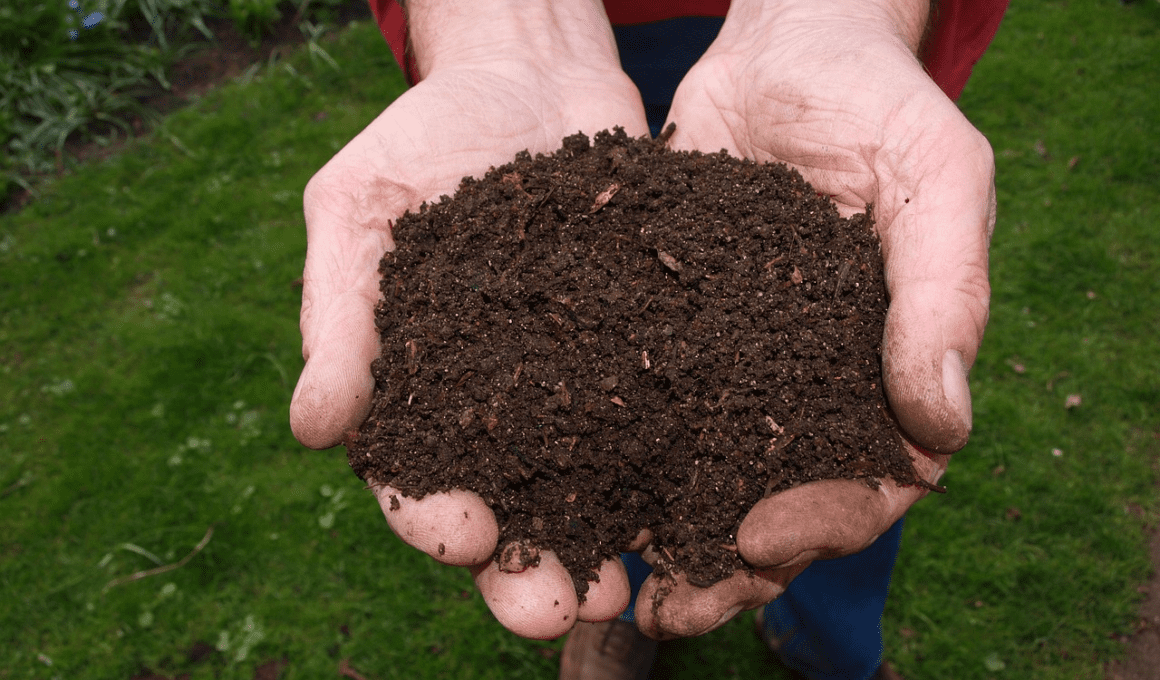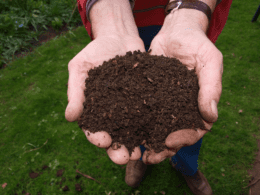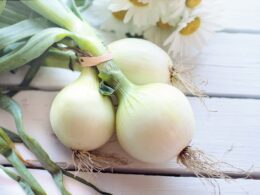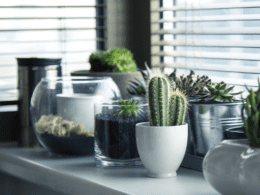Are you tired of throwing away coffee grounds and filters every morning? Did you know that composting them can benefit your plants and reduce your kitchen waste? Composting coffee is a simple and effective way to contribute to a healthier environment, and we’re here to guide you through the process with our tips and tricks.
By composting coffee, you are not only reducing the amount of waste going to landfills, but also providing a nitrogen-rich source of nutrients for your plants. Whether you’re an experienced composter or just starting out, there are various methods to choose from, such as vermicomposting, compost bins/tumblers, and outdoor compost piles.
However, there are also potential issues to be aware of, such as clumping and caffeine remnants. With our guidance, you’ll learn how to balance compost material, incorporate coffee, avoid issues, and use the oxygen-bleach method for filters.
Join us as we explore the benefits and techniques of composting coffee, and let’s make a positive impact on the environment together.
Quick Takeaways
- Composting coffee provides nitrogen-rich nutrients for plants and reduces kitchen waste going to landfills, improving soil health and helping microorganisms and earthworms thrive.
- There are several methods of composting coffee, including vermicomposting, compost bins/tumblers, and outdoor compost piles.
- To avoid clumping and caffeine remnants, balance compost material, tear coffee filters into small pieces, and incorporate a mix of green and brown materials in the compost mixture.
- Composting coffee can benefit both experienced composters and beginners, but it’s important to not toss coffee filters onto open ground and to use unbleached filters to avoid harmful chemicals in soil.
How Can I Use Compost to Revitalize My Yard?
If you are wondering about yard compost benefits and uses, look no further. Compost can be a game-changer when it comes to revitalizing your yard. By using compost, you can enrich the soil with essential nutrients, improve its structure, and promote healthy plant growth. Spread a layer of yard compost over your garden beds or mix it into the soil to enjoy its amazing benefits.
Why Compost Coffee?
If you want to improve soil health and reduce landfill waste, composting coffee and coffee filters can be a great way to do so.
By adding coffee grounds and filters to your compost, you can provide a valuable source of nitrogen for your plants while reducing the amount of organic waste in your trash.
Composting coffee is also beneficial for the environment as it reduces the amount of waste that ends up in landfills.
In addition, composting coffee can help microorganisms and earthworms thrive, which can further improve the health of your soil.
So, if you’re looking for a simple and effective way to reduce kitchen waste and improve the health of your garden, consider composting your coffee grounds and filters.
Methods and Techniques
To successfully incorporate coffee filters into your compost pile, tear them into small pieces and douse them with water before adding them to the mix. This helps break them down quicker and promotes even decomposition.
If you’re using a vermicomposting system, make sure to tear the filters into even smaller pieces to make it easier for the worms to consume.
When adding coffee filters to your compost, it’s important to avoid tossing them onto open ground. Instead, make sure to add them to a compost bin or tumbler to ensure they break down properly.
By incorporating coffee filters into your compost, you’re not only reducing kitchen waste but also providing a nitrogen source that helps microorganisms and earthworms thrive.
Maximizing Benefits
You can get the most out of your compost pile by tearing coffee filters into small pieces, dousing them with water, and adding them to a closed compost bin or tumbler. This will help ensure that the coffee filters break down quickly and evenly, providing your compost with essential nutrients and minerals that will help create nutrient-rich soil for your plants.
To maximize your composting efficiency, here are four tips to keep in mind when composting coffee filters:
- Use unbleached filters to avoid harmful chemicals in your soil.
- Balance your compost mixture with a combination of green and brown materials, including coffee grounds and shredded newspaper.
- Mix your compost regularly to ensure that all materials are breaking down evenly.
- Add a layer of mulch on top of your compost pile to help retain moisture and prevent erosion.
By following these simple tips, you can create nutrient-rich soil that will help your plants thrive and grow strong.
Frequently Asked Questions
Can you compost coffee pods or K-Cups?
You can’t compost coffee pods or K-cups, but there are environmentally friendly brewing methods and coffee pod alternatives. Look for biodegradable or reusable pods, or switch to a French press or pour-over. Keep the planet safe while enjoying your morning cup!
Should you rinse coffee grounds before composting?
Rinsing coffee grounds before composting has pros and cons. It removes oils that may cause clumping but also washes away nitrogen. The environmental impact is minimal, so it’s up to personal preference.
Can you compost paper coffee cups?
Composting paper coffee cups is not recommended due to their wax and plastic lining, which may not break down properly. Alternatives to consider include using a reusable cup or finding a compostable alternative made from plant-based materials.
How do you know when compost is ready to use?
To determine composting maturity, look for a dark, crumbly texture with an earthy smell. Composting moisture should feel like a wrung-out sponge. Avoid using too much fresh compost on plants.
Can you compost coffee filters with ink designs or logos on them?
Yes, you can compost coffee filters with ink designs, but it may have a negative environmental impact. Stick to unbleached filters to ensure sustainability. Composting coffee waste adds nutrient richness to your soil.









